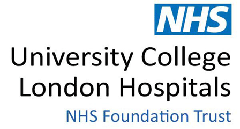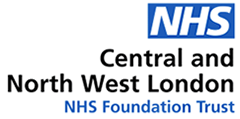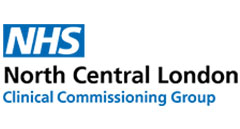
Back pain is very common and can be alarming, even a minor back strain can be very painful. It is natural to think something dreadful has happened but serious or permanent damage is rare and in most cases the pain isn’t caused by anything serious and will usually get better over time.
The facts
Causes of back pain
Rest or stay active?
Bed rest for more than a day or two can cause changes that can prolong the pain:
You may need to rest more than usual at the start to help control the pain but it is very important to get moving as soon as possible.
Coping with a flare up of back pain
Most people manage to cope with a flare up themselves and what you do may depend on how bad your back feels. It is important to remember that serious damage is rare and you can usually:
For people who have more persistent pain, the same principles apply.
Back pain can make you feel depressed, which can sometimes result in weight gain which leads to increased pain and worsening depression.
Anxiety, stress and muscle tension
Anxiety and stress can increase pain and tension can cause muscle spasm and more pain. Many people feel anxious about back pain, particularly when it is very severe or doesn’t improve as fast as they expect it to.
It is common to receive different advice from doctors, therapists, family or friends and to feel confused about what is best to do. Serious damage is rare so do not let your fears hold back your recovery. If stress is a problem, you need to recognise it at an early stage and try to do something to reduce it. Speak to your doctor or therapist and try some relaxation exercises.
There is no instant answer; ups and downs are common with recovery. It’s your back, remember how your back affects you depends on how you react to the pain and what you do about it yourself.
Managing the pain
There is no miracle cure but some things may help manage the pain to allow you to be active:
Other treatments: acupuncture or other alternative therapies may help your pain but are no longer recommended by NICE (2016). Some people find a transcutaneous electrical nerve stimulation (TENS) machine relieves their pain, however, its effectiveness is based on individual experience rather than scientific evidence.
You can self-refer into community physiotherapy services. Simply call 0207 871 0545 to make an appointment. Your initial contact with one of our chartered physiotherapists may be over the phone, where you will either be given advice on appropriate treatment, or a face-to-face consultation will be arranged.
Should you wish to speak to your GP first, simply make an appointment with your local practice. If your GP refers you, one of our patient care advisers will contact you within 48 hours to arrange an appointment.






Photographs of Camden by Joe Hearsey
Camden MSK logo by Eloise Jones